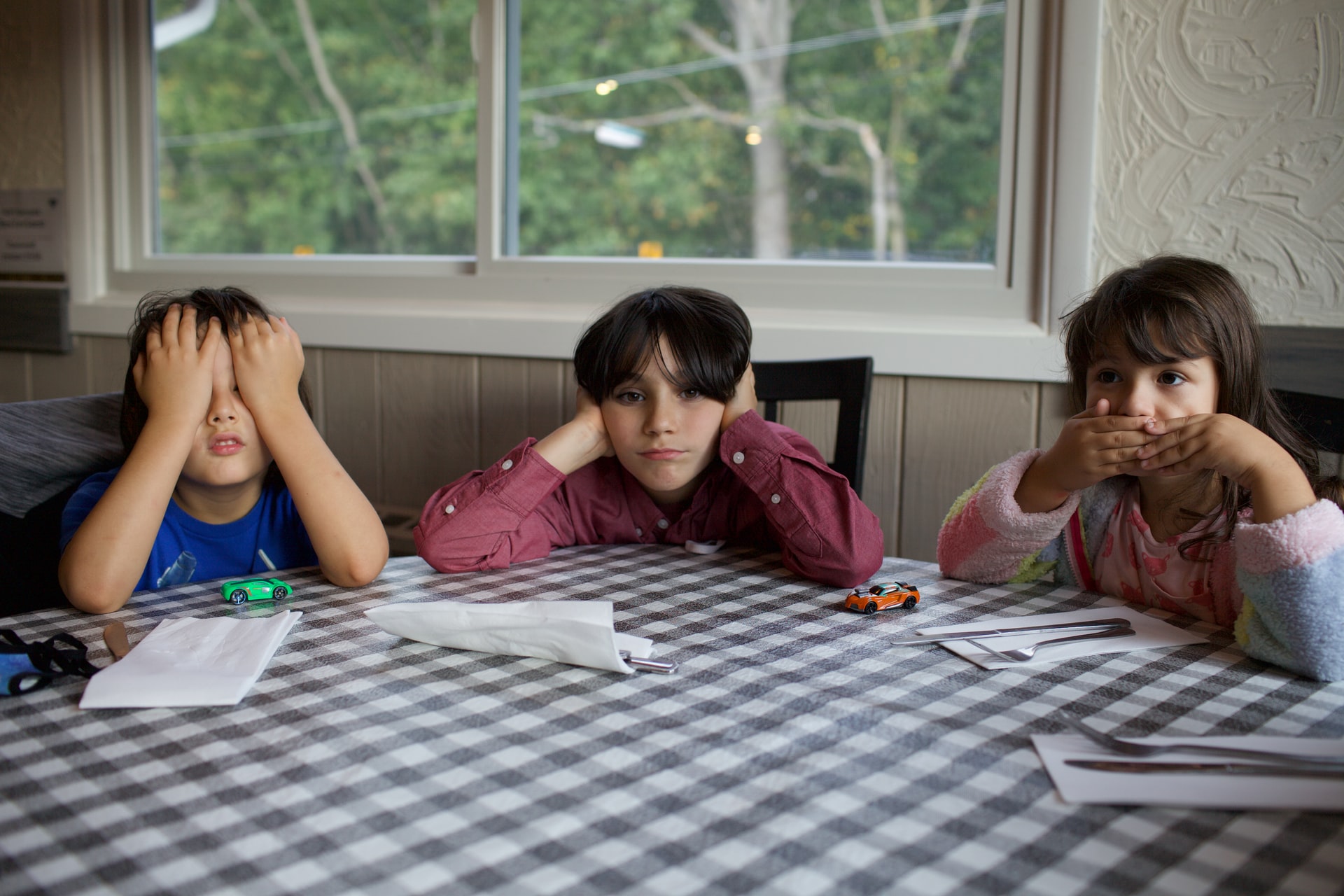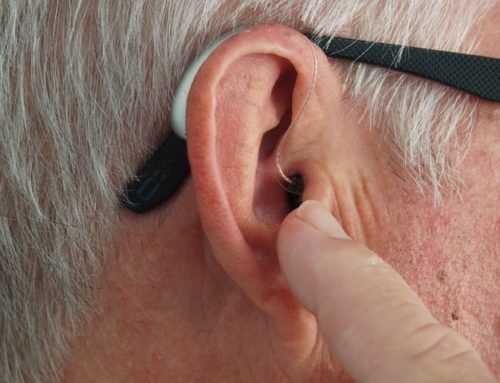Screening for a hearing problem in younger children is not always easy. There are some clues that can put you on the right track, because hearing is a particularly important sense for the development of infants and young children.
Does my child have a hearing problem?
Children can also have hearing problems. These hearing problems are sometimes difficult to detect in the little ones. However, early detection allows faster treatment and limits the risk of complications.
How to detect a hearing problem in children?
A hearing problem is easier to spot in a child who has already acquired speech since it may have difficulty expressing himself. In the baby, certain signs can also put the chip in the ear:
- It does not react to loud noises;
- He doesn’t turn his head when you talk to him;
- He doesn’t babble.
When it comes to learning, language delay remains one of the most characteristic signs. Misunderstanding sounds and words makes this acquisition even more complex. Not all of these signs are evidence of a hearing problem. If in doubt, talk to your doctor for a hearing assessment.

What are the causes of hearing problems in children?
Hearing impairment in children can have multiple origins:
Certain infections contracted by the mother during pregnancy – such as toxoplasmosis or rubella – can cause so-called “congenital” hearing impairments, ie existing from birth.
Certain genetic abnormalities can also cause hearing impairment . It is estimated that around 40 genes are associated with deafness. It is to detect this type of disorder at an early stage that all newborns are screened for newborns.
In older children, hearing difficulties are often the result of recurrent ear infections. This is referred to as conductive hearing loss . This results from a transmission of sound obstructed by inflammation or fluid, unlike sensorineural deafness which is characterized by a lesion of the cochlea and / or certain nerve pathways.
What are the possible solutions for your hearing?
Do you think your child is hearing poorly? Talk to his doctor. If he deems it necessary, he will refer you to one of his colleagues specializing in hearing problems in children. The latter will then carry out an in- depth ENT examination as well as various audiometric tests in order to detect a possible deficiency.
Depending on the results obtained, the practitioner makes a diagnosis and suggests the implementation of an appropriate treatment.
- If he concludes that he is conductive deafness , the doctor generally recommends specific care in order to restore the transmission of sounds within the auditory system.
- The placement of transtympanic drains by surgery (“yoyo”) is only considered in children with recurrent serous otitis.
- The sensorineural hearing loss requires for its special equipment. In this case, the ENT directs his young patient to an audioprosthetist.
What types of hearing aids should you consider?
In parallel with regular ENT follow-up, a child with sensorineural hearing loss is generally recommended for hearing aids . The choice of the most suitable prosthesis for the child is made by an audioprosthetist on the instructions given by the doctor.
In young subjects, the earloop is the most common device offered by professionals, because in-ear prostheses are too large to be inserted into a child’s ear canal. Several fitting sessions may be necessary for the prosthesis(s) to be perfectly adjusted and to help the child to perceive sounds better.






Leave A Comment